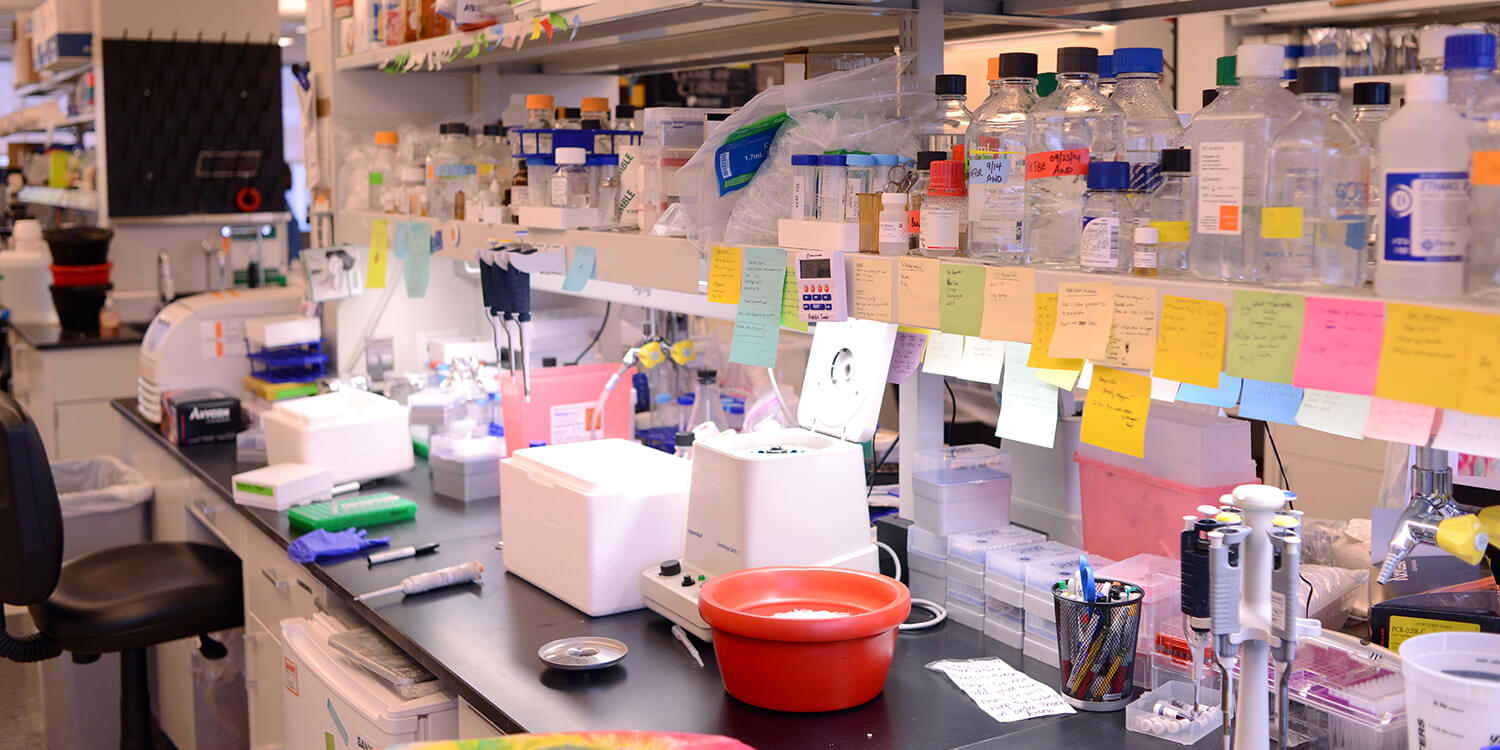Companion animals are invaluable, and ensuring their well-being is a responsibility. Animal diagnostic centers are invaluable resources in identifying health issues for companion animals.
Here, we’ll delve into the importance of veterinary labs and review key diagnostic services.
How Do Veterinary Laboratories Work?
Pet testing services support veterinary care for examining samples. These labs support animal doctors to ensure timely interventions.

Typical procedures usually includes:
- Collecting pet health data: Health markers are gathered during visits.
- Sample examination: Specialized tools and methods conduct the tests.
- Reporting outcomes: Labs share results with veterinarians for proactive solutions.
Key Diagnostics for Pet Health
A variety of tests are available for pets to monitor overall health. Common exams include:
- Blood analysis: Detect anemia or chronic conditions.
- Bladder and kidney checks: Evaluate kidney function.
- Digestive system evaluations: Monitor intestinal health.
- Skin health exams: Diagnose food or environmental allergies.
- Radiographic evaluations: Detect tumors or growths.
diagnostic laboratório veterinário
The Benefits of Veterinary Testing
Ongoing evaluations ensures better outcomes. With timely diagnostics, you can prevent serious conditions.

Why diagnostics matter include:
- Proactive care: Chronic issues are managed.
- Avoiding costly emergencies: Ongoing health is monitored affordably.
- Trust in their well-being: You’ll know they’re thriving.
Why Testing Matters for Dogs and Cats
Animal diagnostic centers help pets live long, healthy lives. By scheduling routine tests, you catch issues early.
Make pet health a priority and ensure their happiness and longevity!